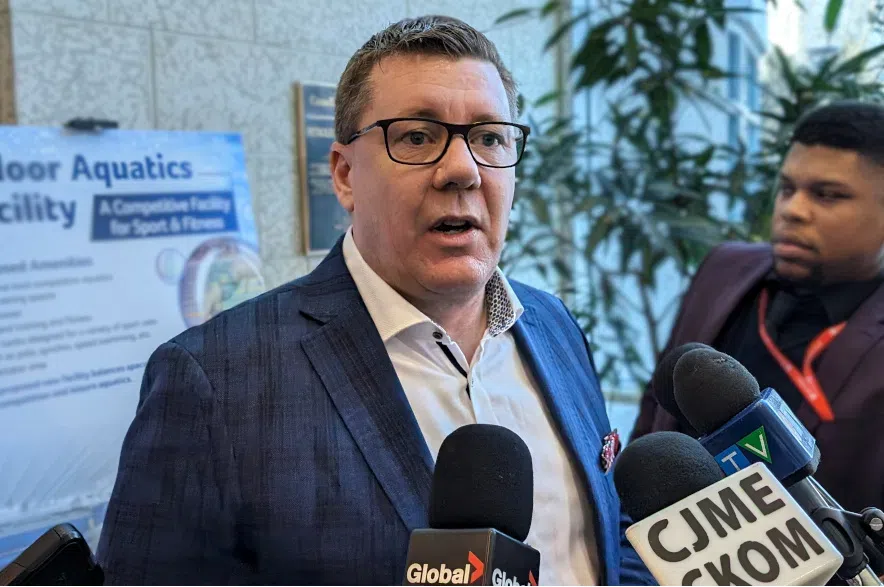A poll by the Angus Reid Institute ranked Saskatchewan Premier Scott Moe as the second-most popular provincial leader in the country, with an approval rating of 53 per cent.
The think tank’s poll, which surveyed 4,550 Canadians between Feb. 28 and March 6, reported this week that Moe’s approval rating was second only to Wab Kinew in Manitoba, where the recently elected NDP premier was sitting at 63 per cent approval.
Moe’s approval dropped by just a single point since the institute’s previous survey.
“Premier Scott Moe of Saskatchewan remains among the most approved of leaders in the country, one of just two leaders who break the majority mark this quarter,” the institute said in a release.
“Saskatchewanians will likely head to the polls this October to weigh in themselves on the direction of the province.”
Moe’s approval has been up and down over the years in the Angus Reid approval polls, peaking at 65 per cent twice, in 2019 and 2020. The lowest his approval has been was 43 per cent in the fall of 2021.
In the most recent poll, Moe’s approval rating was followed by British Columbia’s David Eby (48 per cent), Alberta’s Danielle Smith and Newfoundland and Labrador’s Andrew Furey (both at 47 per cent), Nova Scotia’s Tim Houston (44 per cent), Ontario’s Doug Ford (34 per cent), and Quebec’s François Legault (32 per cent). Bringing up the rear was Blaine Higgs of New Brunswick, with an approval of just 31 per cent.
The poll noted that Moe’s government is still “going head-to-head with the federal government” over Ottawa’s carbon tax.
“Moe’s government was called ‘immoral’ by Environment Minister Steven Guilbeault for deciding not to collect the tax and distribute rebates to residents,” the poll noted. “Moe responded by stating the government would replace rebates with ‘less tax.’”
At the same time, the contract dispute between the Saskatchewan Teachers’ Federation and the provincial government has been heating up, with teachers continuing to implement sanctions, but stopping short of a full strike.
Moe’s government, meanwhile, has been taking steps it says are designed to address the concerns raised by teachers around class size and classroom complexity, but has so far refused to include increased funding for classroom supports in a collective agreement with the union.







